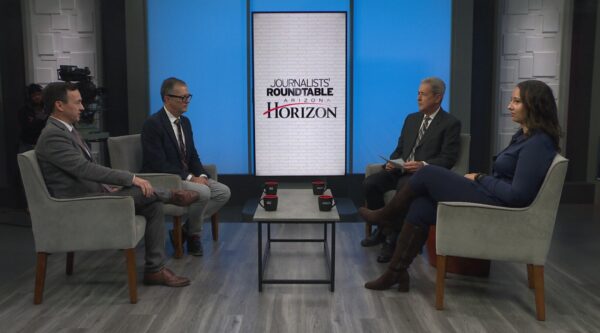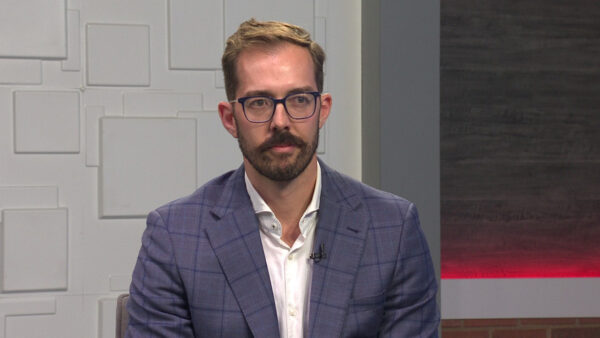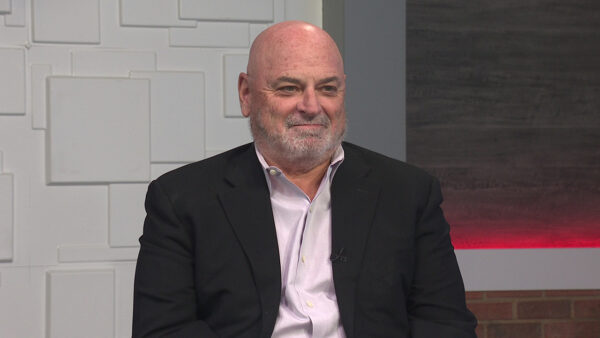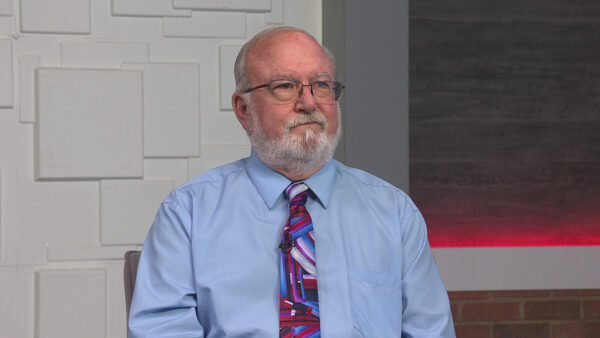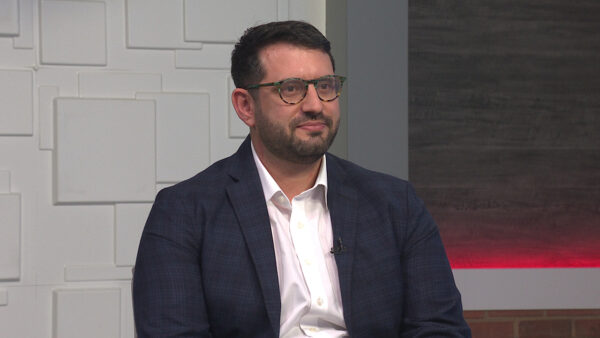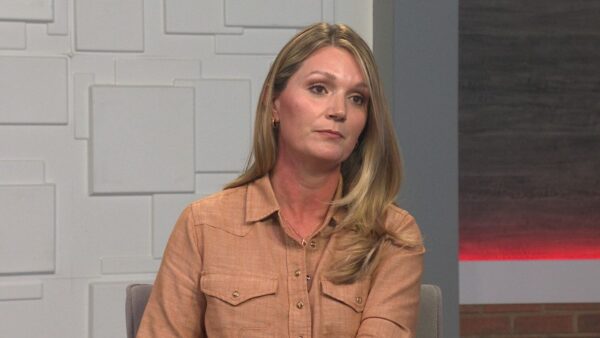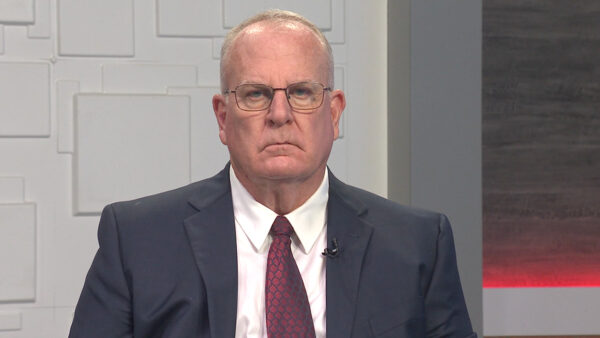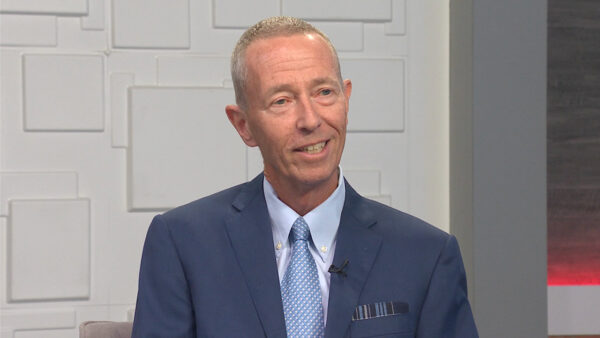Cancer deaths decline as technology, treatments continue to improve
July 24
According to the National Cancer Institute, 38.9% of people will be diagnosed with cancer at some point in their lives. While a grim figure, the overall death rate from cancer has decreased since the 1990s.
Dr. Josh LaBaer, Executive Director at ASU’s Biodesign Institute, joined “Arizona Horizon” to discuss the facts on cancer, when to get screened and what treatments looks like as technology and medicine continue to evolve.
According to Dr. LaBaer, advances in cancer treatment and screening allow diseases to be detected earlier, making cancer something more people can survive.
“So we know that the earlier we detect cancers the better chance we have of curing it. And so we do mammography for women for breast cancer, we do colonoscopies for people for colon cancer. So that’s without a doubt a big effect,” Dr. LaBaer said.
Dr. LaBaer also added how far advancements have come since the “war on cancer” first began.
“Initially it was that kind of classic chemotherapy that you’re, everyone’s kind of familiar with. But over time as we understand the molecular pathways that cause the disease, we’ve been able to very specifically target those pathways. And so we’re coming up with drugs that are less toxic, that make people feel less ill, and yet still stop the cancer,” Dr. LaBaer said.
Immunotherapies have emerged as a notable course of treatment and Dr. LaBaer shared how it can provide patients with a longer life expectancy.
“Those emerged in the mid 2010s if you will, the teens, and these are drugs that basically augment the body’s own immune system and enable it to fight the cancer and kill it. And we’ve seen some remarkable outcomes, you know the classic one of course that we all know is President Jimmy Carter who was diagnosed with the disease that when I became an oncologist, that disease has a six month prognosis. You know people with malignant melanoma has a very poor outcome, and he went on to live decade after his diagnosis and almost certainly was cured of it,” Dr. LaBaer said.







